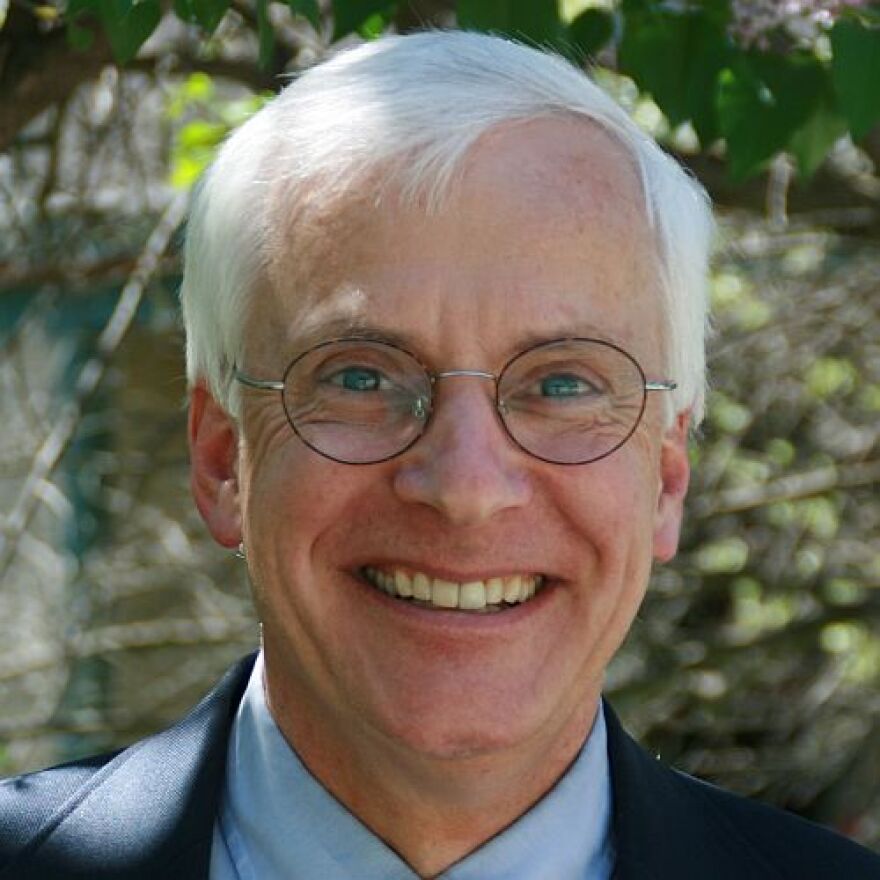Harvard professor emeritus Edward O. Wilson is regarded as one of the world’s preeminent biologists, sociobiologists, and naturalists. An entomologist, he’s the world’s leading authority on ants.
In his recently published book, The Social Conquest of Earth, Wilson describes how “eusocial” species have become the dominant species on earth.
Eusocial species are those in the highest of several levels of sociality, those that live in groups with members of multiple generations that can act altruistically as part of their division of labor, species like ants, termites, wasps, bees, and humans. Ant colonies, for example, include queens and workers with specialized jobs to do. Such complex social structures have benefited these species dramatically in the evolutionary process, enabling them to dominate the earth.
Homo sapiens and their ancestors have been gathering in campsites and around campfires for at least a million years. That’s important, Wilson argues, because campsites played a key role in our evolution as social beings. Campsites were basically nests for humans. Wilson points out that all eusocial species build nests, which they defend against enemies; they raise their young there, and they forage for food elsewhere and bring it back to the campsites for others to share.
Many consequences followed from pre-humans gathering in nests. It caused a division of labor: some individuals guarded the campsite, some nurtured the young, and others got food, especially meat. Meat has more energy per gram than vegetation, and adding meat to the diet, together with the ability to control fire and cook the meat, were two of the three key reasons that our distant ancestors’ brains could grow in size. The third reason, Wilson argues, was “the cultural intelligence hypothesis.” Sitting around the fire, hanging out in campsites together, pre-humans grew in social intelligence: they came to understand their companions’ intentions by reading their faces and body language. They came to understand that their mental state would be shared by others. They learned to collaborate to achieve shared goals. In addition, language developed around campsites, which was, of course, a game-changer. Because present-day guttural verbalizations expressing negative emotions, like fear, anger, and disgust, are similar across languages and cultures, scientists believe that language began with communicating those feelings, with the grunts and growls we still make today. Language then grew to communicate more complex notions.
In short, Wilson argues, among other things, that campsites and campfires gave us far more than warmth, protection, and cooked food, priceless though those things were. They also helped make us social beings, they gave us language and contributed to our keen sense of empathy, the critical ability to understand others and to gain cooperation. They helped us understand that we did better if we acted with others and not just alone. That fundamental epiphany, which was at the crux of our early evolution a million years ago, is worth remembering today not only in dysfunctional Washington but also globally if we’re to address climate change, which threatens the very survival of who knows how many members of the most dominant species on earth.





